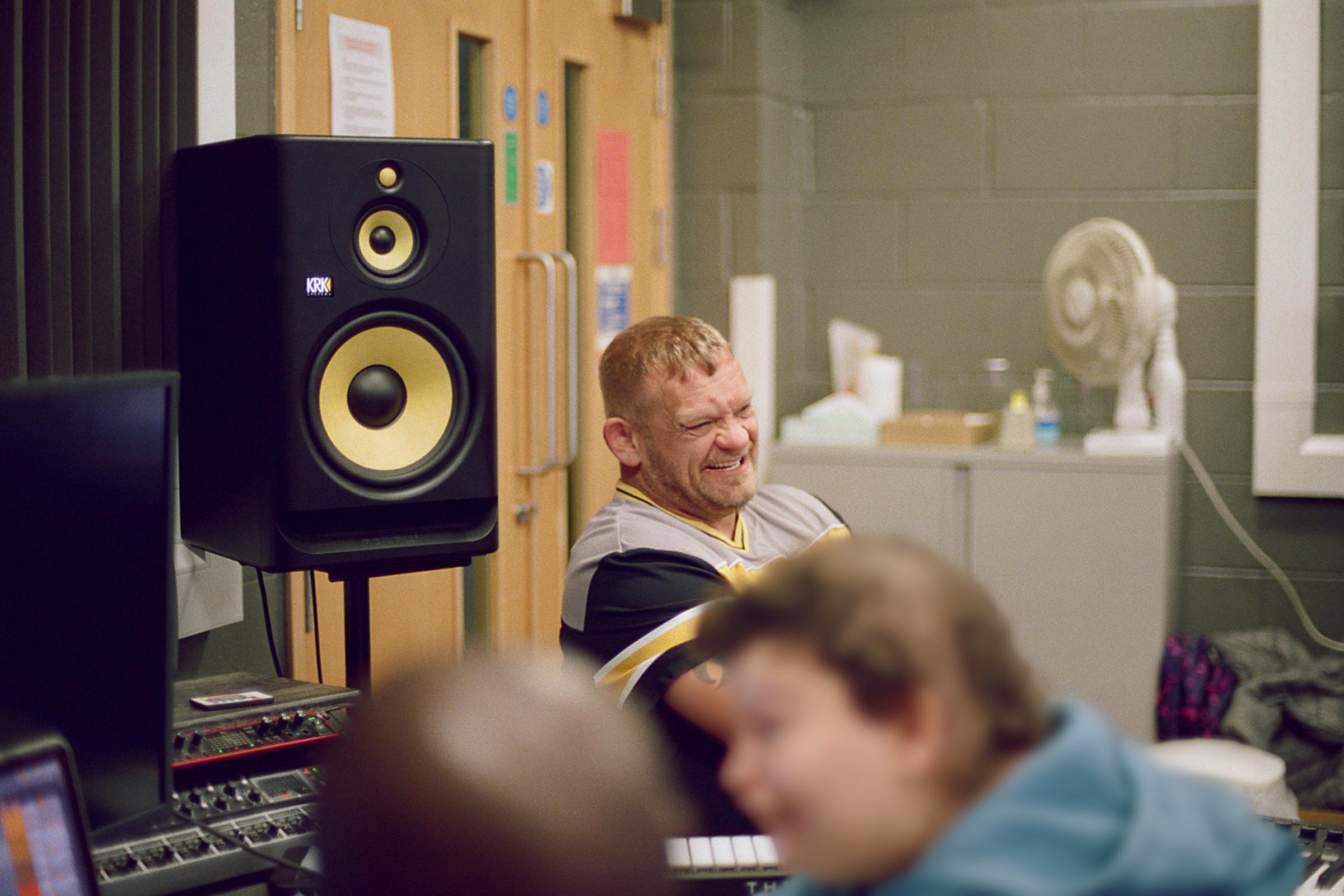Poverty stigma: a glue that holds poverty in place
Poverty stigma exacerbates shamefully high rates of poverty in the UK. It can affect health as much as trying to survive on a low income. How do we combat it?

Sharing our analysis on stigma power and poverty from programmes of work that centre the voices and experiences communities experiencing poverty and stigma.
Beyond its effects on individuals, stigma is a powerful tool for maintaining the status quo and diminishing the solidarity between people in poverty, helping to support prevailing economic logic and polices. This concept is known as ‘stigma power’.
Our goal is to shed light on how and why poverty stigma is socially reproduced in the UK today and develop coalitions of anti-poverty activists and those who influence narratives, policy, and practice to confront and change these dynamics.
The stigma associated with poverty, and its power to rob people of their sense of dignity and self-worth through the associated feelings of shame can be as harmful as the material shortfalls that people experience.
People living in poverty will often go to great lengths to conceal from others the scale of the difficulties they are facing and shield themselves from social interactions that might expose their problems.
In addition to discouraging people from seeking help and support, stigma wears down people's self-esteem and self-worth over time. It makes people lose their confidence, it narrows people’s horizons, and diminishes their hope for a better future.
The Stigma Free Futures Design team was established to do a deep dive into the drivers of stigma, to learn from current and historic initiatives to tackle it and to do the difficult work of prioritising themes to develop a concerted call for action.
A core group of 10 people from a range of class, ethnic, racial and religious background, the collective includes individuals with current and previous experiences of living in poverty. But also lived experiences of racism, living with disabilities, growing up in the care-system, and experiences of gender and/or sexuality-based oppression and discrimination.
They work and volunteer with children and young people living in poverty, care-experienced communities, asylum-seeker, refugee and migrant communities, disabled people and disability activist groups, and other grassroots, community and activist groups. They share a commitment to fighting poverty and economic injustice and a belief that to abolish poverty we need to abolish poverty stigma.
Find out more about how and why we're investing in this work.
Poverty stigma exacerbates shamefully high rates of poverty in the UK. It can affect health as much as trying to survive on a low income. How do we combat it?
Photography and imagery can be developed through an ‘anti-stigma’ lens. The Stigma Free Futures Design team worked with JRF, and photographer Sukhy Hullait, to do just that.
It is vital that we build stigma-free, trauma-informed and person-centred public services. That’s what council and housing association worker Alex, a member of the Stigma Free Futures Design team, reflects on in this blog.